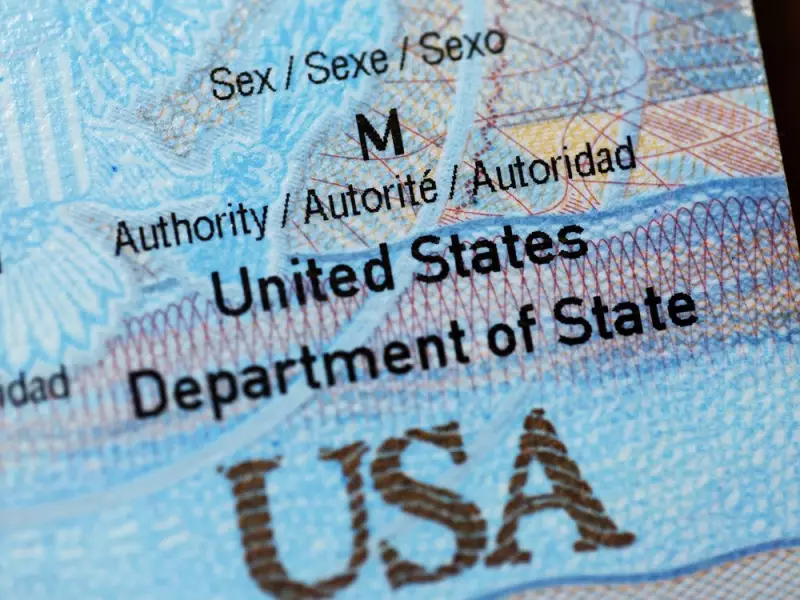
In a case that could redefine how the United States government recognizes gender identity, the Supreme Court is being asked to confront a fundamental question: Must U.S. passports offer options beyond "male" and "female"?
The Legal Battle Reaching America's Highest Court
The lawsuit, brought by an individual identified only as "Doe" in court documents, challenges the State Department's refusal to issue passports with an "X" gender marker. This designation would officially recognize non-binary, intersex, and other gender-diverse Americans who don't identify strictly as male or female.
Currently, the United States stands in stark contrast to numerous allies who have already implemented more inclusive passport policies. Countries including Canada, Australia, New Zealand, and several European nations now offer third-gender options on official travel documents.
A Decade-Long Fight for Recognition
The legal journey began when Doe initially applied for a passport reflecting their non-binary identity back in 2015. After years of administrative appeals and lower court battles, the case now stands at the doorstep of the nation's highest judicial authority.
Legal experts note that the Supreme Court's decision whether to hear this case will itself send powerful signals about the judiciary's stance on gender recognition rights. A refusal to take the case would let stand a lower court ruling that favored the government's current policy.
The Government's Position and Changing Landscape
The Biden administration has argued that implementing a third gender option requires complex systemic changes across multiple federal agencies. However, the government has simultaneously taken steps toward greater inclusivity, including offering "X" markers on other documents like passport applications and Social Security records.
This apparent contradiction highlights the evolving nature of the debate. While the administration acknowledges the importance of gender diversity recognition, it maintains that passport systems require more time for comprehensive implementation.
What's at Stake for Millions of Americans
Advocates emphasize that this case transcends bureaucratic technicalities. For the estimated 1.2 million non-binary adults in the United States, the outcome represents fundamental questions of dignity, safety, and official recognition.
The core legal question remains: Does the federal government's current binary-only passport system violate constitutional rights to equal protection and due process?
As the Supreme Court considers whether to add this landmark case to its docket, millions await a decision that could either cement the status quo or initiate one of the most significant changes to federal identification in modern history.






